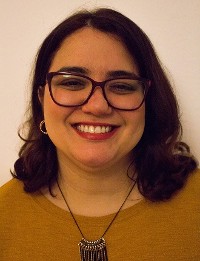Raquel Guimaraes
The idea of focusing on gender outcomes after a shock may be seem, at first, as a misplaced priority by part of the general public and the academic and policy community. This is because it is usually assumed that natural disasters are exogenous events which, by consequence, do affect individuals in an equal manner. However, a new bunch of research has been demonstrating that disasters are extremely gendered events in both of their impacts and the responses to them. Studies show, for instance, that before and during climate disasters women are more likely to be responsible for the practical preparation of the household, informing family members, storing food and water, and protecting family belongings. Differently, other research documents that men are more likely to liaise with government officials, prepare the outsides of buildings, make decisions about evacuation and timing, manage water resources, distribute emergency relief, and receive and disseminate early warnings to the community.
In the investigation of flood-disaster preparedness, recent case studies have proven the relevance of including the gender dimension: in some contexts, because of cultural norms, women were prone to not leave their houses during floods. Also, in some settings, women were found to be particularly affected as they were weakly represented in the flood-planning response and overall decision-making processes. Also, research demonstrated that information on disaster did not reach females adequately, thus exposing gaps in risk communication.
Although there are researchers already devoted to the issue of gender and floods, there is an increasing need for more gender-focused case studies research to contextualize gender discrepancies in more depth and at a local scale. In her research at IIASA, Raquel Guimaraes is adding insights to current knowledge drawing on case studies from Brazil and Thailand.
More information
Funding: CAPES (Brazilian Federal Agency for Support and Evaluation of Graduate)
Nationality: Brazil
Program: World Population (POP)
Dates: July 2019 – June 2020
Related research program
Apply now


